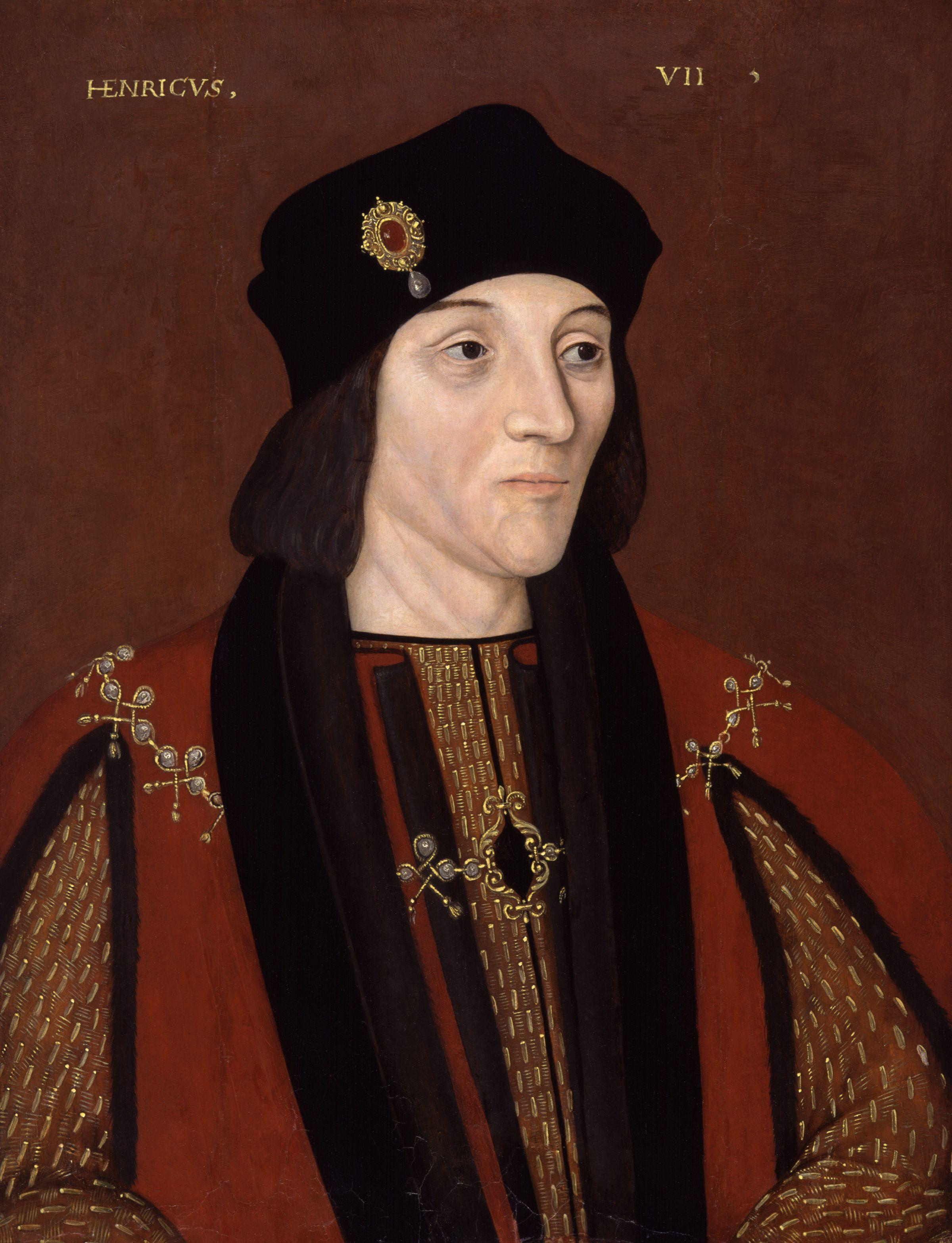 |
| King Henry VII of England |
In 1498 a Venetian wrote a letter which contained his account of the people of England.
He found English people to be;
"extremely polite in their language; which, although it is as well as the Flemish derived from the German, has lost its natural harshness, and is pleasing enough as they pronounce it"
"I have understood from persons acquainted with these countries that the Scotch are much handsomer; and that the English are great lovers of themselves, and of everything belonging to them; they think that there are no other men than themselves, and no other world but England; and whenever they see a handsome foreigner, they say that 'he looks like an Englishman': and that 'it is a great pity that he should not be an Englishman"
 |
| Erasmus |
In 1499 the great philosopher Erasmus visited England, and in a letter to his friend John Fisher he described a custom of Englishmen that;
"Wherever you come, you are received with a kiss by all; when you take your leave, you are dismissed with kisses: you return, kisses are repeated, They come to visit you, kisses again: they leave you, you kiss them all round. Should they meet you anywhere kisses in abundance: in fine, wherever you move, there is nothing but kisses"
This custom of kissing was a French one that had come to England during the era of the Plantagenet kings (1154-1399) and had continued after the ruling dynasty had changed.
No comments:
Post a Comment